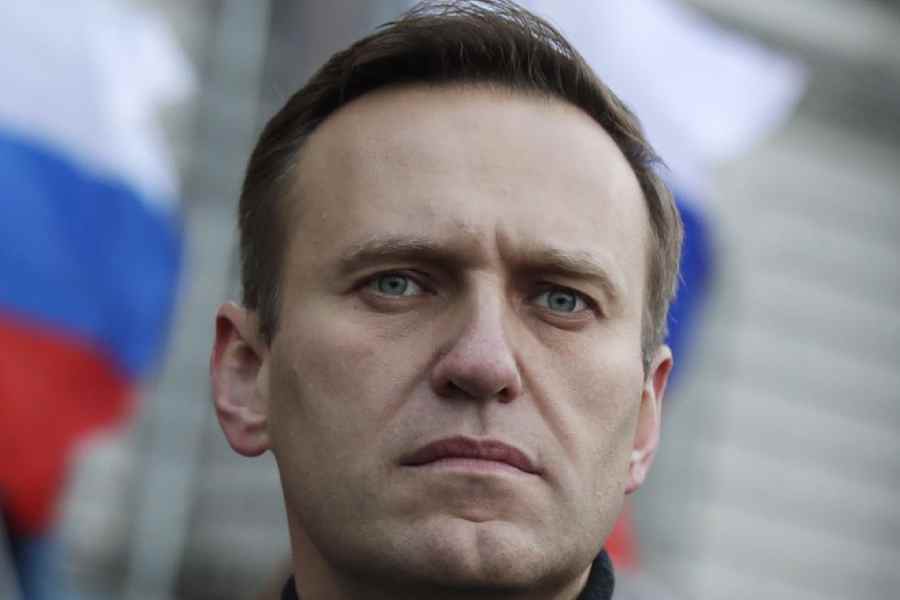The death of the Russian Opposition leader, Alexei Navalny, in an Arctic penal colony last week has raised fresh questions over the political direction of the world’s largest nation by landmass. The circumstances of Mr Navalny’s death are unclear; his aides have already questioned delays by Russian prison authorities in returning his body. Governments in Europe and the United States of America have blamed the Russian president, Vladimir Putin, for Mr Navalny’s death, while Moscow has accused them of jumping the gun in suggesting foul play. Yet, while it is important to establish how Mr Navalny died, his passing is significant for Russia in ways that extend far beyond geopolitical point-scoring. To be clear, Mr Navalny has had a chequered political career: in the late 2000s, he had called for the expulsion of Muslim migrant workers, used racial slurs against ethnic Georgians, and joined far-Right marches. But he moved to the political centre in recent years, leading an audacious anti-corruption campaign: his team exposed secret palaces and overseas wealth stashed by those in and close to the Kremlin despite a climate of media censorship in Russia. He also managed to galvanise large protests against Mr Putin’s rule not only in megacities like Moscow and St Petersburg but also in smaller, backwater provinces.
For any nation to progress, it needs a constant contest between ideas and personalities who represent diverse visions, giving people alternatives to explore, accept or discard. In recent years, Mr Navalny emerged as a magnet for many Russians seeking to replace Mr Putin after more than two decades in power. His death will leave a void in the Russian Opposition. But the West, too, has played no small role in weakening attempts to strengthen Russian democracy. Mr Putin’s team often described Mr Navalny as a puppet of the West and the US and Europe have only fed that narrative in the way they have handled ties with Russia in recent years. By effectively calling for regime change in Russia themselves, they have tainted those seeking a new future for their country. And by trying to turn Russia into an international pariah over its war on Ukraine, they have distracted attention from domestic issues that Opposition politicians like Mr Navalny were highlighting. Ultimately, Russia’s future must be determined by its own people. Would Mr Navalny’s legacy play a role in this collective decision?










